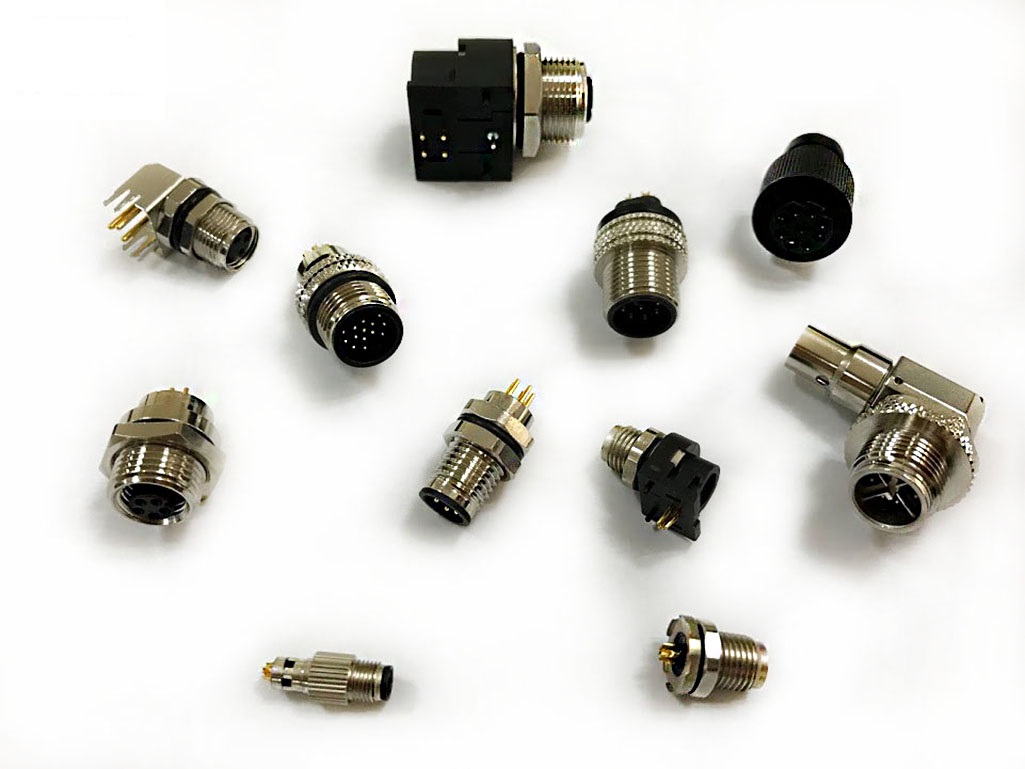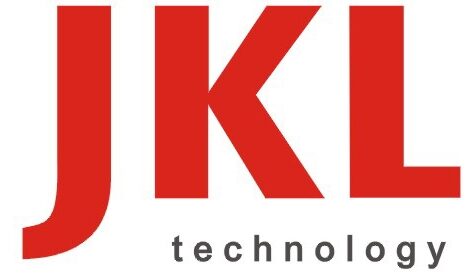What are M8 and M12 connectors used for?
One of the most common connectors used in industrial automation is the M12 connector. This critical connector evolved as industrial factories moved from parallel wiring systems to connect machinery and communication devices to a more secure form of distributed control. The screw lock and bayonet style of the M12 connector have become an industry standard in many fields, such as machine tools, packaging, automation, and more.
Tracing back the lineage of the M12 and its smaller version, the M8, when a German-based company introduced the RK30—a 7⁄8 in. circular connector. This pre-assembled, over-molded connector was rated to IP67, meaning it was dust tight and remained watertight even if temporarily submerged. Used to connect industrial sensors, this precursor to the M12 found its first industrial automation application at an automotive plant. Before the M12, options were limited: engineers were forced to hard wire or constantly replace connectors that could not withstand harsh environments.
Connectors carry signals and information between boards and components within a more extensive system. The M12 and the M8 connector have become favorites among industrial engineers, who often look for rugged connectors and cables. M8 and M12 are vital connectors where an application needs to be installed in a harsh environment. In addition to automotive production, other industries where reliability demands are needed, including food and beverage processing environments, machine building, rubber and plastics, textile, and printing presses. They’re also seen connected to spray valves on farm implements or coolant valves in HVAC systems. The wide variety of cable types, connector orientations, and keying options allows M8 and M12 connectors to address a wide range of applications.
Since the introduction of the 3- and 4-pin versions of the M12, many more variations have become available. The connectors are offered in both straight and right-angle configurations and can be found in 3-, 4-, 5-, 6-, 8-, and 12-pin versions. In addition to IP67, M12 connectors are offered with IP65, IP68, and IP69K ratings. This allows the M12 to be used in the most demanding applications, even where high-pressure wash-down processes are required. IP69K applications often require resistance to corrosion, which can be achieved by using stainless-steel coupling nuts.

